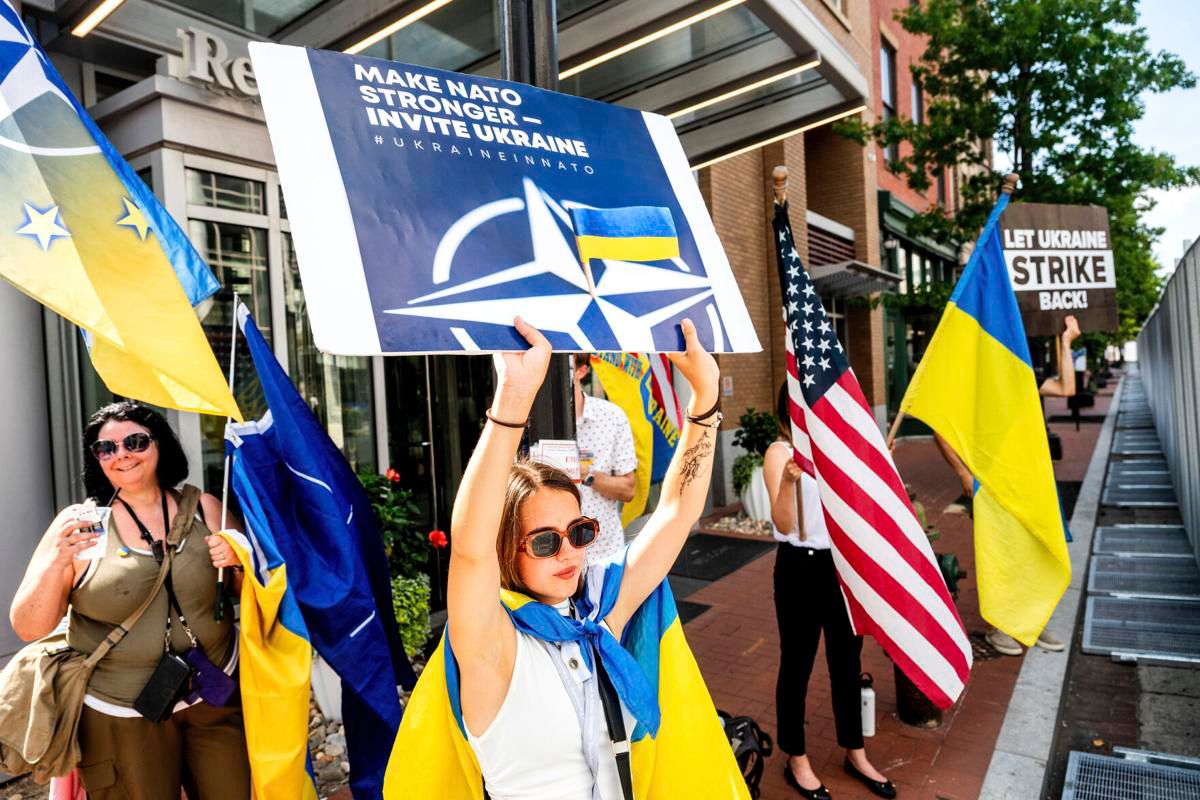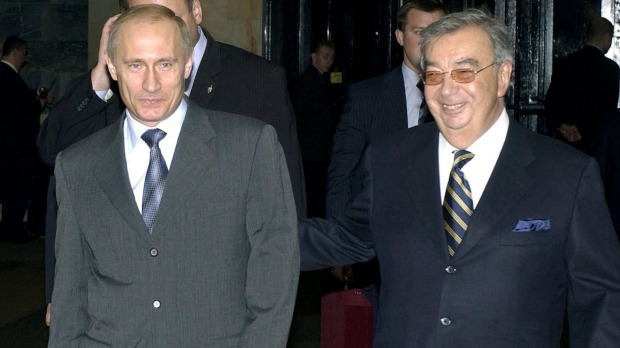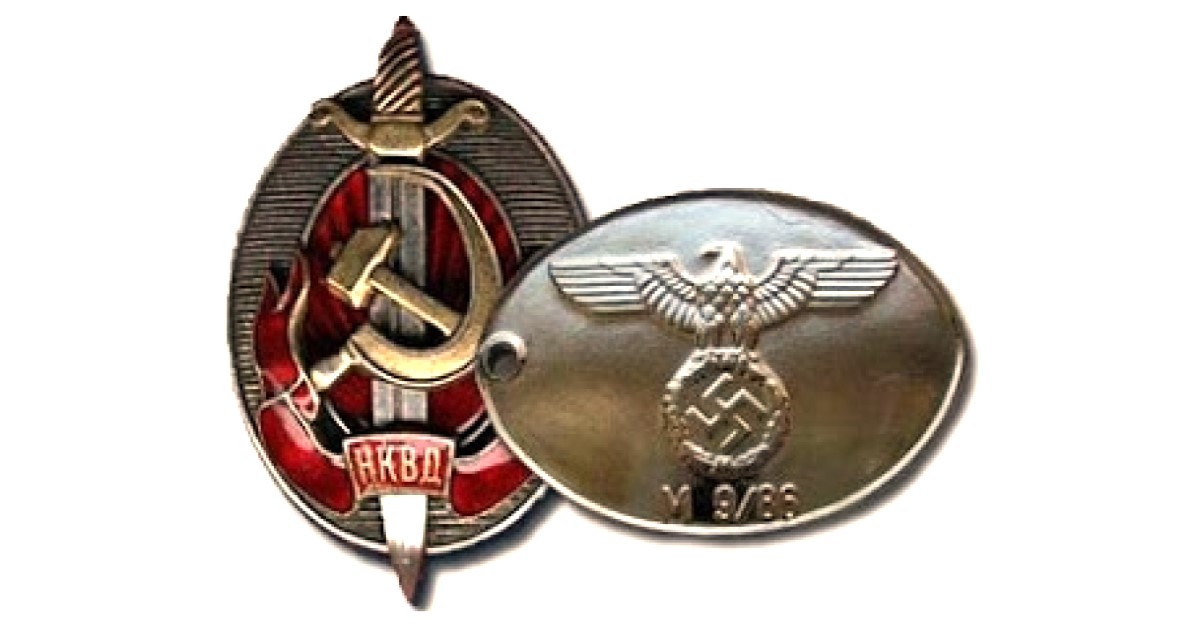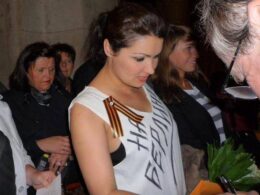Russian President Vladimir Putin denies Ukraine’s right to sovereignty, having invaded it twice since 2014. Thankfully, his efforts to subjugate the country have been thwarted by the courage of the Ukrainian people.
After two and a half years of fiercely defending their homeland, it has become abundantly clear that Ukrainians will never submit to Russian tyranny. But despite their resilience, Putin’s brutal war of aggression continues. If Ukraine’s allies fail to show the necessary resolve, the conflict could drag on for years, undermining European stability.
Moreover, an increasingly militaristic Russia threatens not only Ukraine but the entire world, with potentially catastrophic consequences. Russia’s war has already sent shockwaves around the world, driving up energy and food prices and jeopardizing nuclear safety. By violating fundamental principles of international law, Russia has destabilized the global order.
To promote peace, Ukraine’s allies must make Putin understand that he cannot dictate the terms of how the war will end. They can do this by building global support for a peace agreement rooted in the fundamental principles of international law, strengthening Ukraine’s position on the battlefield, providing long-term security guarantees, and outlining a clear path to NATO accession.
While Putin aims to prolong the war, Ukrainian President Volodymyr Zelensky is actively pursuing a sustainable peace. This summer, he gathered representatives from more than 90 countries in Switzerland to rally support for his ten-point peace formula, which calls for strengthening nuclear safety and addressing the conflict’s environmental repercussions, in addition to full Russian withdrawal.
Global pressure will be critical to reaching an agreement, but enduring peace also requires strong security guarantees. Given that Russia has repeatedly shown its disregard for international law and basic human rights by violating treaties and committing widespread war crimes, peace cannot rest on Putin’s promises alone. The outcome of the war will depend on Ukraine’s ability to defend itself.
The immediate priority is to improve Ukraine’s position on the battlefield. As Russian missiles and drones continue to kill civilians across the country, with most attacks launched from Russian territory, Ukraine has every right to deploy long-range weapons to hit these targets and enter Russia to prevent further assaults.
Limiting its ability to do so is essentially asking it to fight with one arm tied behind its back. Ukrainian forces have consistently shown they can use Western-supplied weapons effectively and responsibly. It is time for allies to lift any remaining restrictions on the types of weapons delivered and how they can be used.
Ukraine has already received long-term security guarantees from more than 30 countries as part of the Kyiv Security Compact, which we co-authored. Now is the time to prove that these guarantees have teeth.
In the coming months, our efforts will focus on ensuring that the guarantees deliver on their promise. This involves monitoring their implementation, assessing evolving threats, and highlighting the ways Ukraine’s security needs align with Europe’s broader defense strategy.
Preventing Putin from winning the peace will require more than security guarantees. Ukraine’s allies should expand their support by taking steps like training Ukrainian forces within the country and deploying civilian contractors or specialized military teams to repair damaged equipment on-site.
Neighboring allies could establish an extended air-defense shield over Western Ukraine to intercept incoming Russian missiles and drones, thereby saving civilian lives and enabling Ukraine to redeploy its air-defense systems to the front lines.
Each of these steps will undoubtedly strengthen Ukraine’s position in any future negotiations. But ultimately, the only way to ensure long-term peace and security in Europe is to bring Ukraine into NATO.
Leaving Ukraine in the grey zone between Russia and the Alliance would only invite more instability, aggression, and violence. NATO leaders must act decisively and offer Ukraine a path to membership.
While this does not mean that Ukraine will join overnight, such a commitment would send a strong message to Putin that his war will not prevent its eventual accession.
Faced with Putin’s heavily militarized and increasingly revanchist Russia, Ukraine and its allies must embrace the ancient Roman maxim si vis pacem, para bellum (“If you want peace, prepare for war”). Over the past two and a half years, the Ukrainian people have demonstrated an unwavering determination to defend their freedom. But to achieve lasting peace, the international community must muster the courage and strength to support and maintain it.
Copyright: Project Syndicate. This article was published by Project Syndicate on 17 September and has been republished by Euromaidan Press with permission.
Editor's note. The opinions expressed in our Opinion section belong to their authors. Euromaidan Press' editorial team may or may not share them.
Submit an opinion to Euromaidan Press





